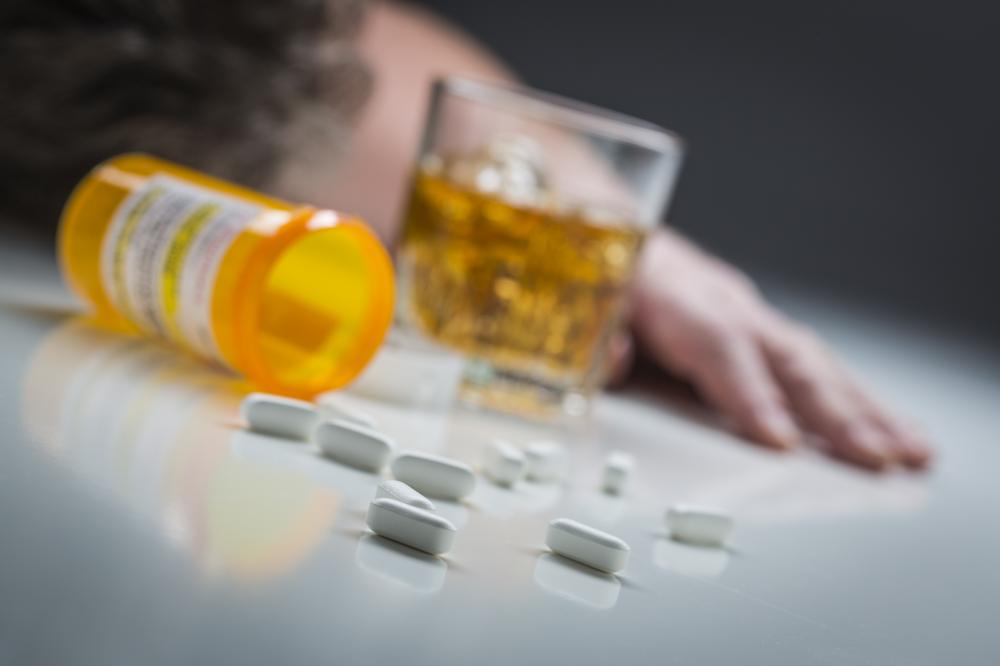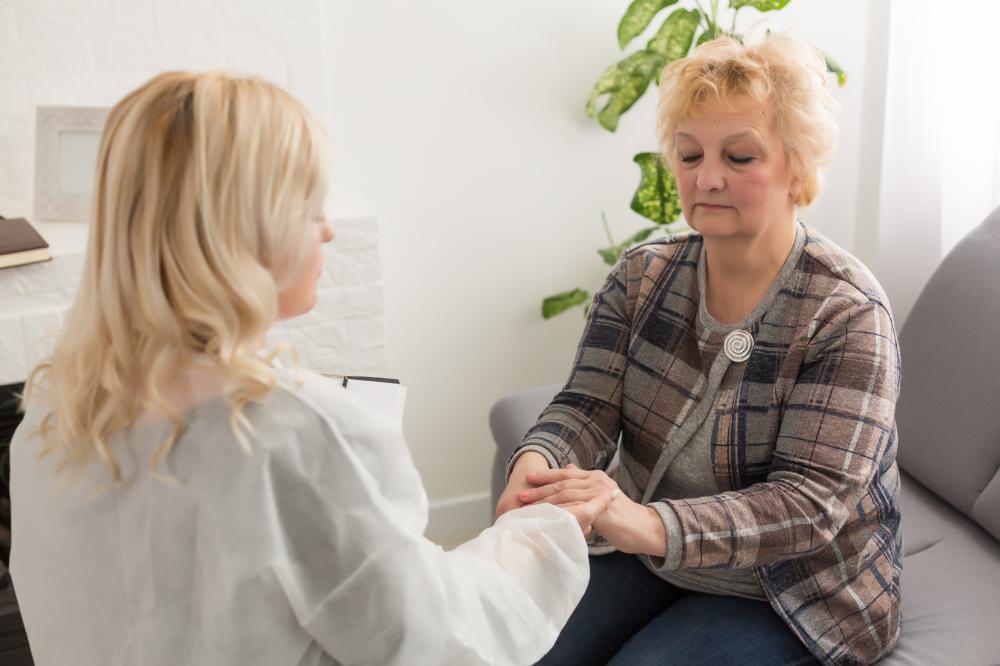
Comprehensive Services for Drug Rehab Minnesota
At Minnesota Recovery, we offer an extensive range of services designed to cater to diverse treatment needs. These services encompass evidence-based clinical practices like Cognitive Behavioral Therapy (CBT) and Dialectical Behavioral Therapy (DBT), which are key components in addressing both substance use and underlying mental health issues. Our commitment is to provide a holistic approach that nurtures the mind, body, and spirit.
Our programs include addiction intervention, detox, residential treatment, partial hospitalization, and intensive outpatient programs. Each of these is structured to meet individuals at their specific stage of recovery, ensuring that every client receives the care that best suits their current condition and future goals. Whether in the initial stages of detox or navigating long-term aftercare, our services are designed to foster recovery at any point.
Individualized Treatment Plans
Every client who walks through our doors is an individual with unique needs and experiences. Therefore, our approach to treatment at Minnesota Recovery is fundamentally personalized. We partner with nationally accredited providers to create treatment plans tailored to the specific circumstances of each person. This personalized care plan ensures that all aspects of a client’s life, including physical, emotional, and social factors, are considered.
Our team of experts, including licensed therapists, psychiatrists, and addiction specialists, collaborates to provide a supportive environment. Their expertise is vital in crafting individualized paths to recovery, allowing for adjustments as necessary and encouraging open communication between staff and patients. This collaborative approach acknowledges that recovery is not a linear journey, but one that requires adaptive strategies.
Building a Supportive Community
Incorporating elements of community into recovery is crucial. At Minnesota Recovery, we foster an environment where clients can openly share their experiences without fear of judgment. This nurturing community supports healing and growth by providing a space where individuals feel connected and understood, often drawing strength and motivation from sharing with peers on similar journeys.
Testimonials from our clients reflect the profound impact of this supportive network. Many have found that the relationships built here extend beyond treatment, forming long-lasting bonds that contribute significantly to sustained recovery. Our staff is dedicated to nurturing this community, recognizing its vital role in helping clients feel seen and appreciated, thus enhancing their overall treatment experience.
Engagement in group therapy sessions forms the bedrock of this supportive community, offering shared experiences, encouragement, and accountability. Participants gain insight into their behaviors and feelings, benefiting from diverse perspectives and collective wisdom within the group.
Ensuring Financial Accessibility
We understand that financial constraints can be a significant barrier to accessing quality care. Minnesota Recovery accepts most major insurance providers, making treatment accessible to a wider audience. This ensures that our clients can prioritize their health without the added stress of affordability concerns.
Our team is committed to assisting clients in navigating their insurance options, working closely with providers to secure the best coverage possible. This assistance alleviates financial burdens, allowing patients to focus on their recovery journey. We also explore alternative funding options for those without sufficient insurance coverage, ensuring no one is left without the support they need.
Commitment to Evidence-Based Practices
Our dedication to evidence-based treatments is unwavering. Techniques such as CBT and DBT are central to the therapeutic strategies at Minnesota Recovery. These methods, backed by rigorous research, effectively address the complex interplay between mental health and substance use disorders, providing a structured path to recovery.
Through ongoing professional development and adherence to best practices, our team remains at the forefront of addiction treatment innovations. We integrate new research findings and therapeutic modalities, ensuring our clients receive the most current and effective care tailored to evolving needs and scientific advancements.
A Holistic Approach to Healing
Beyond traditional therapies, Minnesota Recovery emphasizes holistic treatments. We believe in healing that addresses not only the mind but also the body and spirit. This approach includes yoga, meditation, and mindfulness activities, which are integral parts of our treatment programs.
By incorporating these holistic therapies, we aim to enhance overall well-being and equip clients with tools to manage stress and cravings. This balanced approach strives to align physical health with mental and emotional resilience, preparing individuals for the challenges of daily life post-treatment.
Guidance and Resources for Families and Individuals
Understanding that addiction affects not just individuals but their families as well, Minnesota Recovery offers resources to help loved ones support their family member’s journey. Our FAQ sections provide clarity on many aspects of the treatment process, including what to expect during detox and how to address potential relapses.
Family support groups and educational workshops are available to help families understand addiction and mental health disorders, fostering a supportive home environment conducive to recovery. This comprehensive support system is vital, as it encourages mutual understanding and healing for all affected by addiction.
Navigating Relapse and the Recovery Journey
Relapse is sometimes a part of the recovery journey, and at Minnesota Recovery, we approach it not as a failure but as an opportunity for growth and learning. Our programs are designed to address and manage relapses effectively, providing continued support to maintain progress and prevent setbacks.
Our team works closely with clients to identify triggers and develop coping strategies to handle high-risk situations. By focusing on resilience and problem-solving skills, our clients are better equipped to manage challenges they may face outside the structured environment of a treatment program.
Clients are encouraged to view their recovery as a lifelong journey, with the understanding that seeking help is always a courageous and positive step forward. Our aftercare programs and community resources remain available to offer ongoing support and guidance as individuals continue their path to lasting recovery.

How much does rehab cost in MN?
Rehab costs in Minnesota can vary widely based on several factors, including the type of program, duration of treatment, and the level of care required. At Minnesota Recovery, we strive to make treatment accessible by accepting most major insurance providers. This helps reduce out-of-pocket expenses for our clients. For those concerned about costs, it’s crucial to understand that investing in comprehensive treatment can lead to significant long-term benefits, both personally and financially. Consider reaching out for a consultation to discuss your specific needs and explore the most cost-effective options tailored to your situation.
How many days do you get in rehab?
The duration of rehab can vary significantly based on individual needs and circumstances. At Minnesota Recovery, we believe in personalized treatment plans that cater to each client’s unique situation. Some individuals may benefit from a short-term residential program lasting a few weeks, while others might require extended care for several months. Factors such as the severity of the addiction, any co-occurring mental health conditions, and personal recovery goals will influence the length of stay. Our team works closely with clients to assess their needs and recommend the most effective treatment duration.
What is the Minnesota alternative model of addiction treatment?
The Minnesota Model, often referred to as the Minnesota alternative, is a holistic approach to addiction treatment that emphasizes the integration of various therapeutic methods, community support, and spiritual development. At Minnesota Recovery, we incorporate elements of this model by offering a comprehensive range of services that include evidence-based therapies such as CBT and DBT, along with holistic practices like yoga and meditation. This approach recognizes the complex interplay between addiction and mental health, aiming to heal the mind, body, and spirit in a supportive and nurturing environment.
What role does community play in recovery?
Community plays a pivotal role in the recovery process by providing a network of support and shared experiences. At Minnesota Recovery, we cultivate a strong sense of community through group therapy sessions and peer support networks. Being part of a community allows individuals to connect with others who understand their challenges, providing encouragement and accountability. Many of our clients have found that these relationships extend beyond treatment, forming lasting bonds that contribute to sustained recovery. The shared journey fosters resilience, offering insights and motivation that are invaluable in overcoming addiction.
How does a holistic approach support addiction recovery?
A holistic approach to addiction recovery addresses the mind, body, and spirit, recognizing that healing requires more than just treating the symptoms of substance use. At Minnesota Recovery, we incorporate practices such as yoga, meditation, and mindfulness activities to complement traditional therapies like CBT and DBT. This balanced approach helps manage stress and cravings, promoting overall well-being. By equipping individuals with tools for emotional resilience and physical health, a holistic approach prepares them for the challenges of life post-treatment, fostering a sustainable recovery path.
How can family support impact recovery?
Family support is critical in the recovery journey, as addiction affects not only the individual but also their loved ones. Minnesota Recovery provides resources and family support groups to help relatives understand addiction and mental health disorders. By fostering a supportive home environment, families can play an integral role in encouraging recovery and preventing relapse. Educational workshops and open communication create a mutual understanding that enhances the healing process for everyone involved. Family involvement is often a key factor in successful long-term recovery, providing emotional support and stability as individuals rebuild their lives.
What strategies can help prevent relapse?
Relapse prevention is an ongoing process that involves understanding triggers and developing coping strategies. At Minnesota Recovery, we emphasize building resilience and problem-solving skills that equip clients to handle high-risk situations. This includes identifying personal triggers, managing stress through mindfulness practices, and maintaining a strong support network. Our programs are designed to view relapse not as a failure but as an opportunity for growth and learning. Continuous aftercare support and community resources provide guidance and encouragement, empowering individuals to remain on their recovery path and achieve lasting change.
Resources
- SAMHSA National Helpline – The Substance Abuse and Mental Health Services Administration (SAMHSA) provides a national helpline for individuals and families facing substance abuse and mental health challenges.
- National Institute on Drug Abuse – The National Institute on Drug Abuse (NIDA) conducts research on drug abuse and addiction, providing valuable resources and information on evidence-based practices.
- American Psychiatric Association – The American Psychiatric Association offers insights into mental health treatments and resources for individuals seeking support for co-occurring disorders.
- National Alliance on Mental Illness – The National Alliance on Mental Illness (NAMI) provides education and support for individuals and families affected by mental health conditions, offering guidance and resources for recovery.
- National Institutes of Health – The National Institutes of Health (NIH) conducts medical research and provides information on various health topics, including addiction and mental health disorders.




